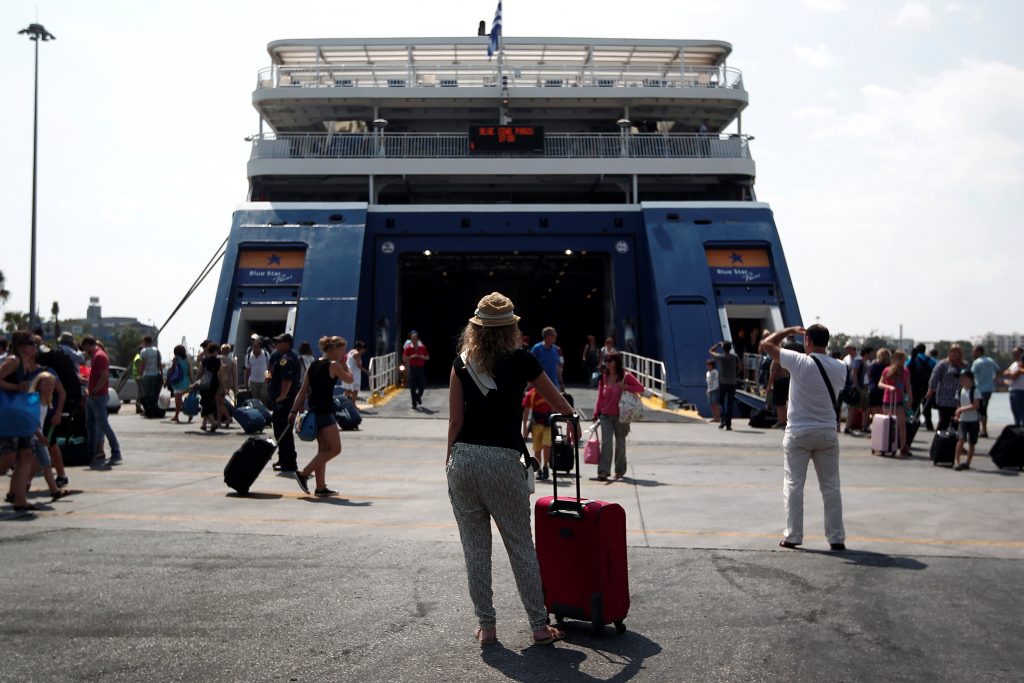Shipping companies this month have diverted approximately $35 billion worth of cargo shipments being transported through the Red Sea towards the Suez Canal, choosing alternate – and much costlier – maritime routes to avoid potential attacks by Houthi rebels operating in northern Yemen. The development follows attacks by the latter since the start of the Israel-Hamas conflict in October.
According to a leading Middle East region analyst at Ambrey, companies continue to advise their clients to adhere to Best Management Practices by thoroughly monitoring their current and past fleet operations, assessing the Ship Transit Risk, preparing crews for emergencies, and implementing other security measures.
Presently, 57 container ships are sailing around the Cape of Good Hope off southern Africa instead of traversing the Red Sea and Suez Canal, according to Paolo Montrone, Senior Vice President and Global Head of Ocean Freight at Kuehne+Nagel. The route is thousands of miles longer than the Red Sea route.
The approximate value of these containers is estimated at $50,000 each, according to Antonella Teodoro, a senior advisor at MDS Transmodal. This means a diversion of cargo worth $35 billion.
Carriers could potentially schedule additional vessels, given that fleet capacity has increased by by more than 20% in the last 12 months, according to Teodoro.
For Europe, shipping giant Maersk, among the companies diverting vessels from the Red Sea, expects delays lasting from two to four weeks. Vincent Clerc, its managing director, explained that Europe relies more on the Suez Canal, thus intensifying delays in the region.
In the United States, there are various transport options from Asia to the West Coast and East Coast ports, the latter via the Panama Canal. Delays of 10-15 days are anticipated for East Coast destinations.




